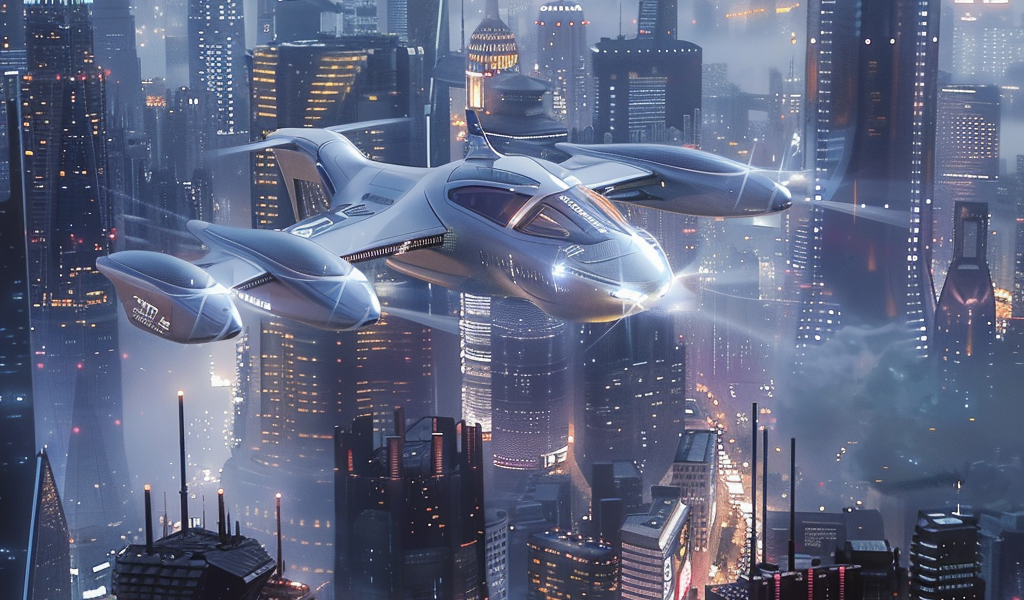Boeing, the renowned U.S. aircraft manufacturer, is set to revolutionize transportation in Asia by introducing flying cars to the region by 2030. The company has recently established an office in Nagoya, Japan, aiming to enhance local research and development efforts in this futuristic endeavor.
The concept of flying cars, specifically electric vertical take-off and landing craft, is being spearheaded by Boeing’s subsidiary, Wisk Aero. This innovation is poised to address the growing need for efficient and rapid short-distance travel within congested urban areas across Asia.
Boeing’s Chief Technology Officer, Todd Citron, shared the ambitious plans with Nikkei, underlining the company’s commitment to leveraging the potential demand for such advanced transportation solutions in the region.
This strategic move by Boeing aligns with the broader trend in the transportation sector towards exploring innovative modes of mobility. The advent of flying cars could significantly alleviate traffic congestion and offer a new dimension of convenience for commuters in bustling Asian cities.
Notably, Boeing’s foray into the flying car business in Asia coincides with similar initiatives in the region. Companies like SkyDrive in Japan and Suzuki in India have been exploring the development of low-cost flying taxi services, indicating a growing interest and investment in this transformative technology.
Moreover, the potential integration of flying cars into the urban transport network could redefine the travel experience for individuals, offering a blend of speed, efficiency, and environmental sustainability.
As the aviation industry continues to evolve, with a focus on technological advancements and sustainable practices, Boeing’s entry into the flying car market signifies a significant step towards shaping the future of transportation in Asia.
With the target timeline of 2030 for the introduction of flying cars in the region, Boeing’s strategic move underscores the company’s vision for pioneering innovative solutions that cater to the evolving needs of urban mobility.





